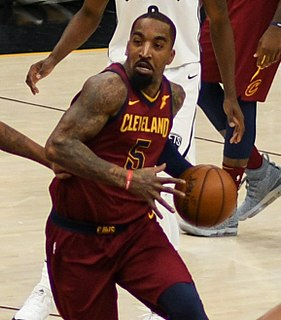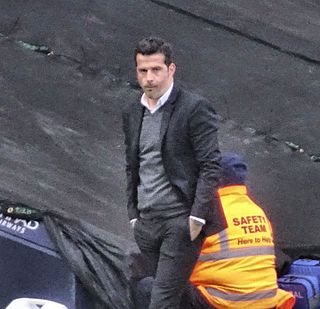A Quote by Marcia Clark
You never know what's going to happen when somebody endeavors to do a true crime story. It can be horribly misleading.
Related Quotes
That's what I love about documentary filmmaking, we never know where the story is going, we don't know what is going to happen next, and we're inside a culture of people that you have to figure out in many ways. It's a relationship between what you thought might have been the story, and what happens in the 'field.'
You can tell a true war story by the questions you ask. Somebody tells a story, let's say, and afterward you ask, 'Is it true?' and if the answer matters, you've got your answer . . . Absolute occurrence is irrelevant. A thing may happen and be a total lie; another thing may not happen and be truer than the truth.
I grew up reading crime fiction mysteries, true crime - a lot of true crime - and it is traditionally a male dominated field from the outside, but from the inside what we know, those of us who read it, is that women buy the most crime fiction, they are by far the biggest readers of true crime, and there's a voracious appetite among women for these stories, and I know I feel it - since I was quite small I wanted to go to those dark places.
If your subject is crime, then you know at least that you're going to have a real story. If your subject is the maturing of a college boy, you may never stumble across a story while you're telling that. But if your story is a college boy dead in his dorm room, you know there's a story in there, someplace.
The best crime stories are always about the crime and its consequences - you know, 'Crime And Punishment' is the classic. Where you have the crime, and its consequences are the story, but considering the crime and the consequences makes you think about the society in which the crime takes place, if you see what I mean.
None of our films look alike, we are very dialectical in our approach to each one, and 'Hoop Dreams' was no exception. That's what I love about documentary filmmaking, we never know where the story is going, we don't know what is going to happen next, and we're inside a culture of people that you have to figure out in many ways. It's a relationship between what you thought might have been the story, and what happens in the 'field.' Out of that comes the story, which was exactly what happened with 'Hoop Dreams.'
When I left Africa in 1966 it seemed to me to be a place that was developing, going in a particular direction, and I don't think that is the case now. And it's a place where people still kid themselves - you know, in a few years this will happen or that will happen. Well, it's not going to happen. It's never going to happen.


































